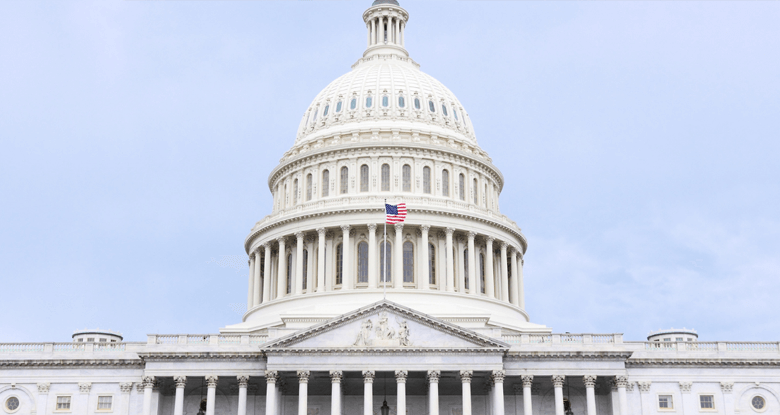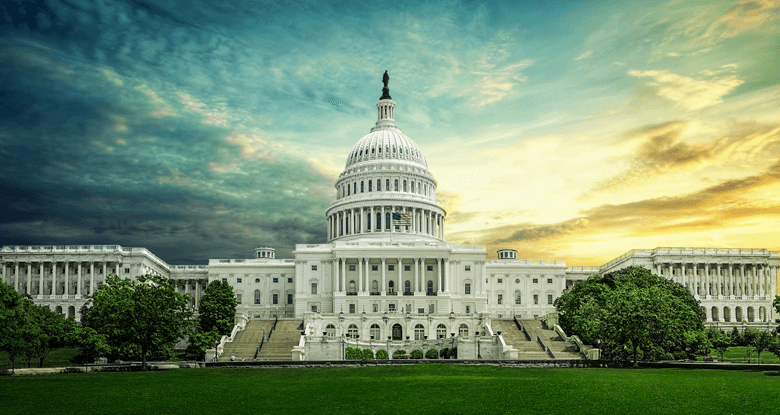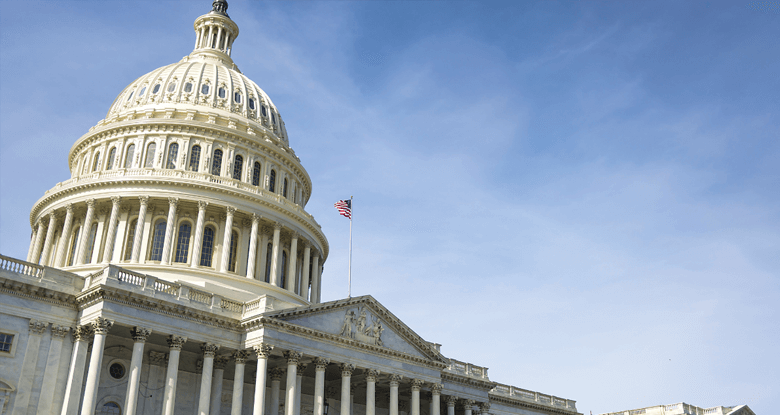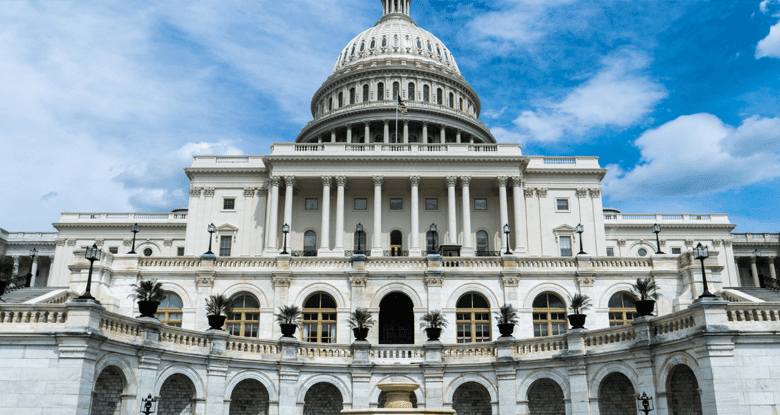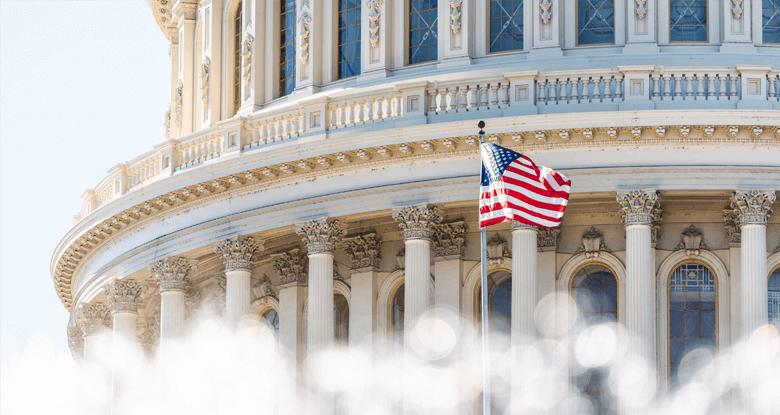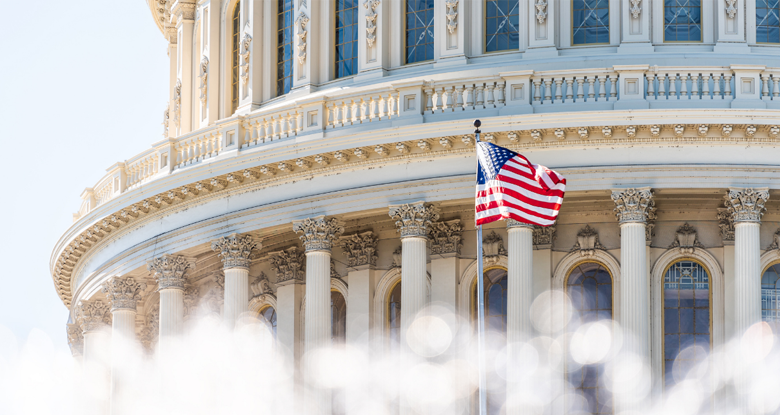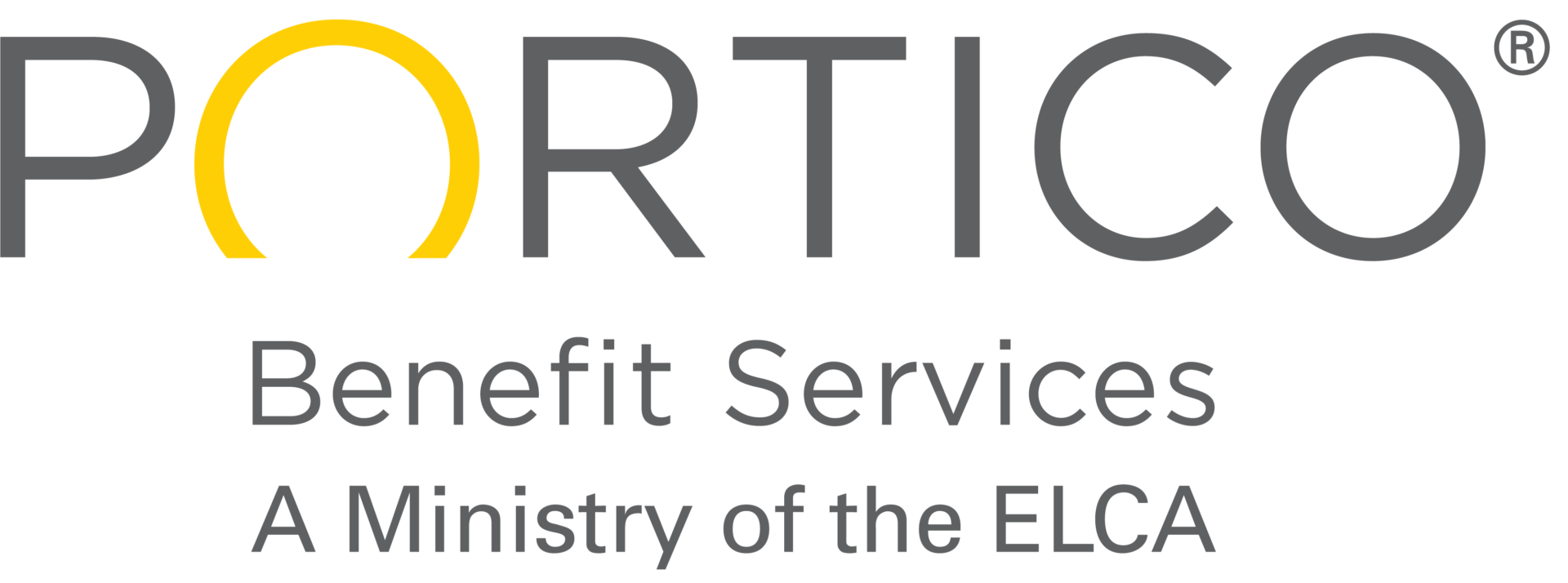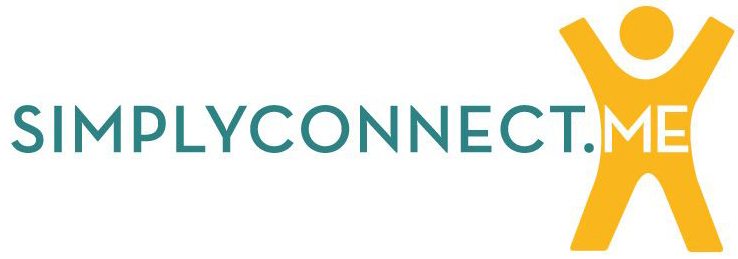Negotiations on a New Reconciliation Bill Continue While Congress Moves Toward Finalizing Fiscal Year 2022 Funding
While Democrats are still working toward drafting a budget reconciliation bill to enact some aspects of President Biden’s human infrastructure plan, addressing government funding has taken priority due to the current deadline of February 18. Disagreements over a top-line spending number and controversial amendments had made reaching a long-term deal difficult. On Wednesday, however, Congressional leaders announced they had reached agreement on topline spending amounts but needed more time to finalize the details. To enable this, the House passed a short-term spending bill through March 11, with the Senate expected to follow suit shortly.
Negotiations over the future reconciliation package will likely continue for several months, but the advocacy priorities for Lutheran Services in America remain the same. We will continue to advocate for the inclusion of at least $150 billion for home and community-based services in the next package, as well as key provisions that would help address the acute direct care workforce shortage including:
- $1 billion for a grant program funding strategies to recruit and retain direct care workers; and
- The provisions of the WORK NOW Act to create a $50 billion grant program supporting nonprofits in paying wages and benefits.
Join us in our efforts to ensure these provisions are included as negotiations move forward.
Temporary Expansions of the Public Service Loan Forgiveness Program: Act Now to Help Your Employees Access this Important Benefit!
The federal government recently created two new limited-time opportunities for nonprofit employees to request full forgiveness of their direct federal student loans. These opportunities expand the availability of the existing Public Service Loan Forgiveness program (PSLF) and represent an important benefit for nonprofit employees. Significantly, loan forgiveness is now potentially available to borrowers whose previous loan forgiveness applications were rejected. The time investment for nonprofit employers is minimal and can be a powerful tool to show support for qualifying employees. More information is available on our website, including links to apply for loan forgiveness.
Biden Administration Seeks Provider Input on Impact of Digital Technologies on Public Health
The White House Office of Science and Technology Policy (OSTP), in conjunction with the Health Resources and Services Administration (HRSA), has launched the Community Connected Health Initiative. The Initiative is seeking broad input from stakeholders (including healthcare providers and faith-based/community-based organizations) on, among other things, “successful models of strengthening community health through digital health technologies within the United States” and “barriers to uptake,” among other things. The term “digital health technologies” should be interpreted broadly as any tool or set of tools that improve health or enable better healthcare delivery by connecting people with other people, with data, or with health information. Brief submissions of no more than 3 pages can be submitted directly to the Initiative via their Request for Information—note that the submission deadline has now been extended to March 31.
American Rescue Plan Funding for State/Local Governments: Funding Opportunities for Nonprofits
As part of the American Rescue Plan Act enacted in March 2021, Congress allocated $350 billion in COVID-19 relief funds for state, local, Tribal, and territorial governments to use in providing “assistance to households, small businesses, and nonprofits, or to aid impacted industries.” These funds were meant to enable smaller units of government to decide the best ways to spend their allocated resources to meet local needs, and were allocated separately to states, counties, metropolitan cities, and smaller units of local government. More information is now available about how large cities and counties (with populations of at least 250,000) are deploying these funds and about specific opportunities for nonprofits to seek funding from individual states.
Upcoming Congressional Town Hall Meetings
Members of Congress continue to hold virtual town hall meetings to address constituent concerns about coronavirus relief. Here is a look at upcoming sessions (click links below to find out how to join):
| Member |
District |
Party |
Format |
Date & Time |
Link |
| Rep. Alexandria Ocasio-Cortez |
NY-14 |
D |
Zoom |
Tues. Feb. 15, 5:30 pm ET |
More information |
| Rep. Byron Donalds |
FL-19 |
R |
In person (Bonita Springs) |
Tues. Feb. 15, 6 pm ET |
More information |
| Rep. Gregory Meeks |
NY-5 |
D |
Facebook |
Every Tuesday at 5 pm ET |
More information |
| Rep. Ro Khanna |
CA-17 |
D |
Facebook |
Mon. Feb. 28, 6 pm PT |
More information |
By Sarah Dobson, Senior Director of Public Policy and Advocacy, and Josh Dubensky, Director of Public Policy and Advocacy for the Lutheran Services in America Disability Network
